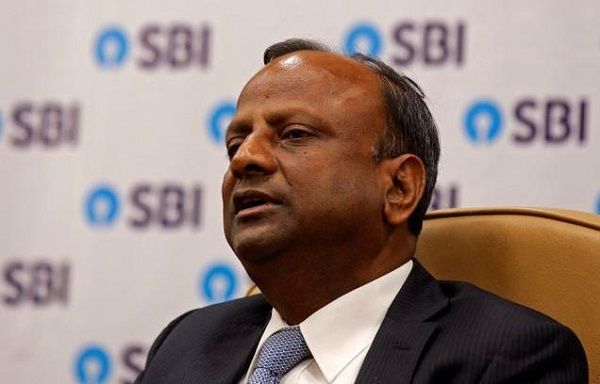
Defaulting promoters submitting bids for their companies in the resolution process of stressed assets under the Insolvency & Bankruptcy Code (IBC) are “within their rights” to do so, State Bank of India (SBI) chairman Rajnish Kumar said on Monday.
“Ethical... I don’t know, but legally they are within their rights to participate. I am not concerned about that because even if it is existing promoters, there will be a few pre-conditions from the creditors’ side,” Kumar told reporters on the sidelines of an event here.
The first pre-condition is that the promoters should not be a wilful defaulter and secondly, forensic audit should clear them of any wrongdoings. Lastly, the quality of the resolution plan also matters, added Kumar.
“The idea will be to enhance the enterprise value and anybody who gives the maximum enterprise value will be in the interest of the enterprise itself, the lenders and the country as a whole,” Kumar added.
“We have already drawn the baseline under which there is no place for a willful defaulter or people who have diverted funds, as proved by the forensic audit. But otherwise if law permits existing promoters to participate, then we can’t help it. It is very much there and we have to abide by the law,” said the SBI chief.
Last week, news reports said that Essar Group had submitted expression of interest (EoI) for Essar Steel, which is going through insolvency process. Essar Steel is among the 12 large defaulters identified by the Reserve Bank of India (RBI) to be resolved under the Insolvency and Bankruptcy Code (IBC). The 12 accounts, identified by the central bank, are those to which banks have an exposure of over Rs 5,000 crore, more than 60 per cent of which has been recognised as non-performing assets (NPAs). In 11 such cases, petitions have been accepted and interim resolution professional (IRPs), who take management control of the defaulting company, have been appointed. Most IRPs have sought bids from interested buyers to draw a resolution plan. The combined debt of these 12 accounts was close Rs 2.4 lakh crore.
Once cases are admitted to the NCLT, lenders need to set up a committee of creditors (CoC) that will come up with a plan as to how the asset will be tackled. If the committee is unable to find a solution within 180 days — this can be extended to 270 days — the borrowing entity will go into liquidation.
According to reports the government was planning to amend the IBC to ensure that promoters of companies admitted to the National Company Law Tribunal (NCLT) are unable to retain management control.
The ministry of corporate affairs is planning to make several changes to IBC, one among which is to ensure that failed promoters don’t re-gain control of the company, according to newspaper report.
“The Essar Group has submitted EoI for Essar Steel. A resolution plan will be submitted to the IRP (independent resolution professional) within the scheduled time frame,” an Essar Group spokesperson had said.
Some of the accounts include Bhushan Steel, Essar Steel, Bhushan Power, Lanco Infra and Amtek Auto, among others. Kumar said the resolution process under NCLT is running as per the time and if at all some additional time is required, it will be within the 270 days. Kumar said there has been good expression of interest for the steel sector in particular.
“The kind of expression of interest received in the steel sector is very good. But how many bidders will ultimately remain and what resolution plan they will submit to the banks or the creditors, that is something for which you have to wait for some time,” he said.
(With inputs from PTI)




